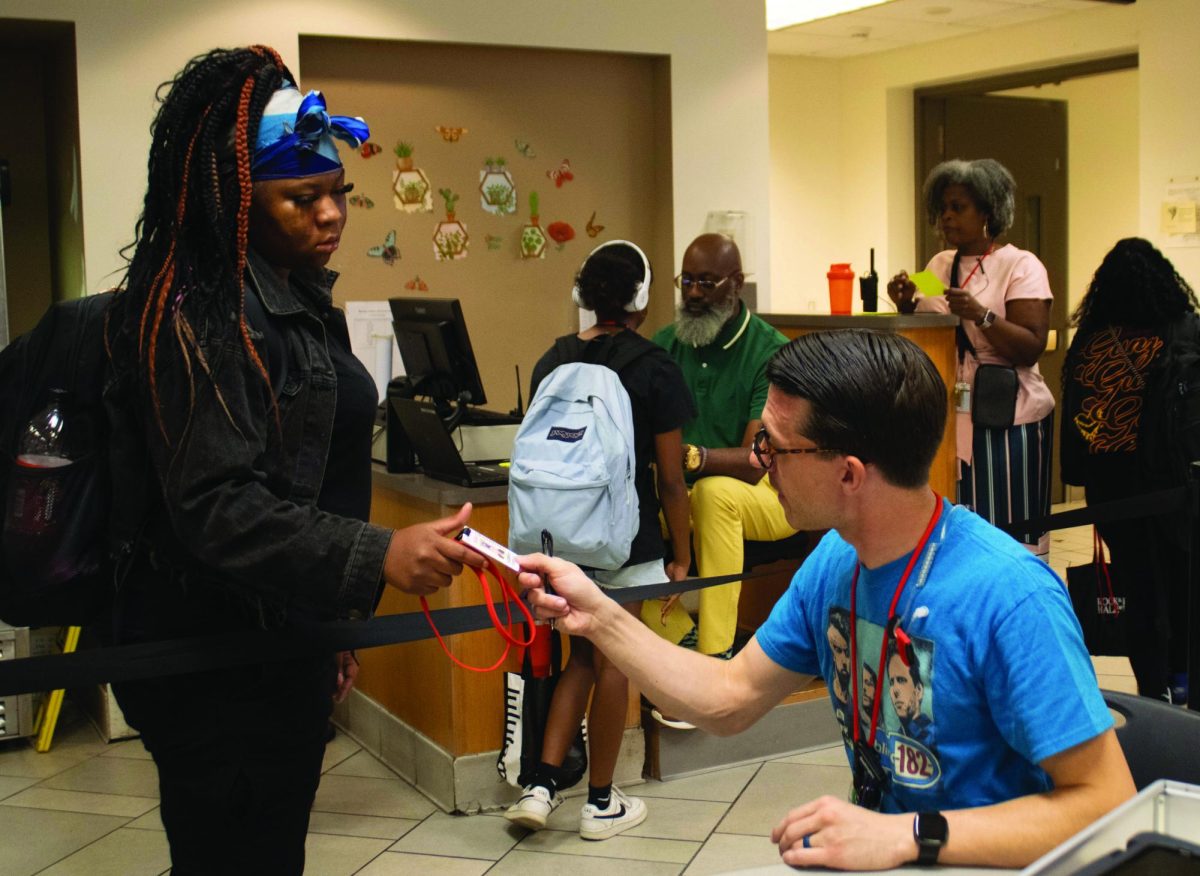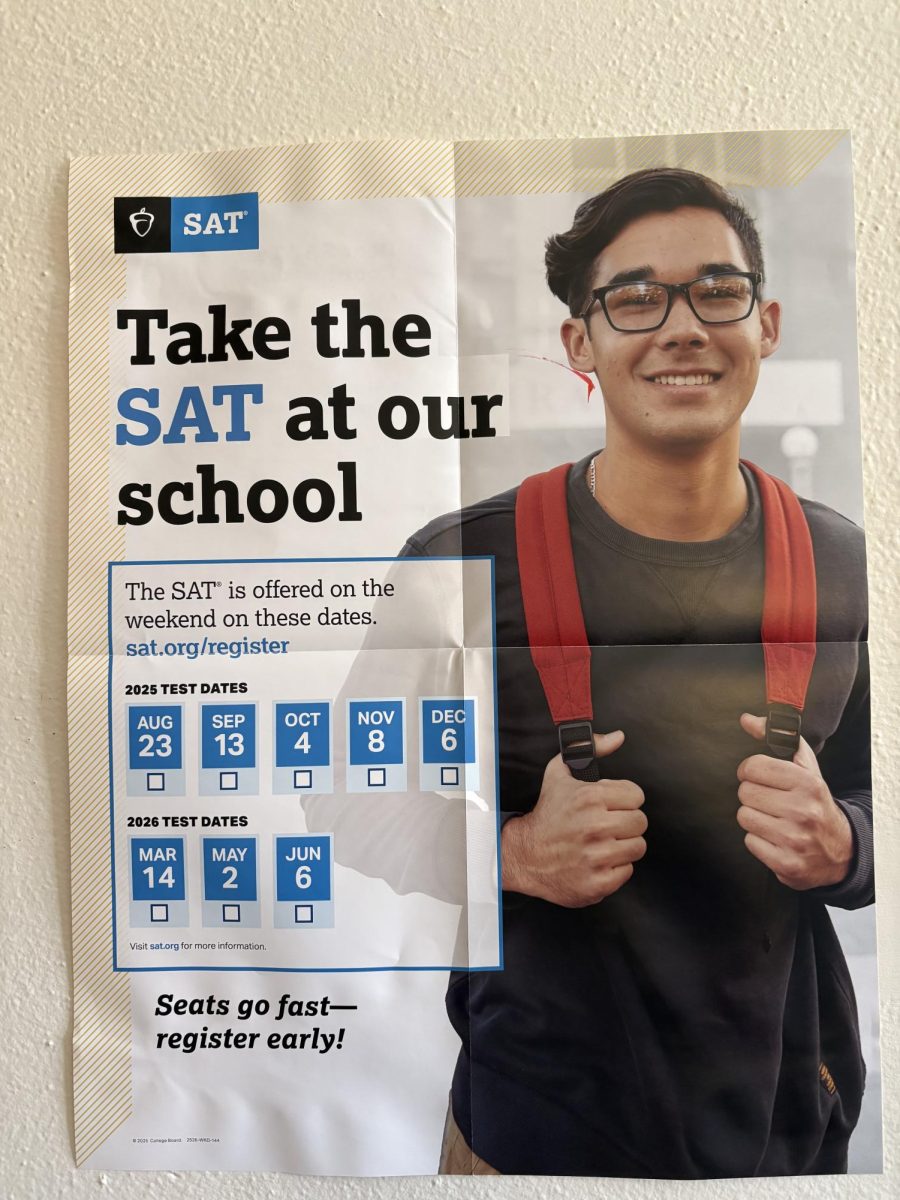When his teacher handed back his English paper, the first comment junior Andrew Rossman read was, “Don’t make promises you can’t keep.” He hadn’t proven one of the points in his thesis statement.
It was supposed to be a helpful comment. Even humorous. However, Rossman didn’t see it that way. “It felt like [the teacher] was calling me dishonest,” Rossman said. “I think even critical comments should be specifically based on the writing rather than your own moral character.”Though comments are meant to be constructive, some students perceive them negatively or don’t read them at all. “The way [comments] are worded turns me off to writing and kind of destroys my enjoyment for it,” Rossman said. “But I definitely don’t think [teachers] are doing it on purpose.”Improving writing through feedback requires critical comments, which aren’t always positive. A 2006 study analyzing 3,000 graded papers showed that 76 percent of comments either started or ended negatively. Only 9 percent were positive.
“Trying to write something that not only points out the problem but helps the student to figure out what to do is a challenge,” English teacher Christopher Cotton said. “We want to be constructive and useful, and that’s hard to do.”
Last year, English teacher Aimee Grey added a quote from First Lady Michelle Obama to her revision policy. It states, “You’re going to do seven, ten drafts. That’s writing, it’s not a failure, it’s not the teacher not liking you because it’s all marked up in red.”
Senior Ian O’Hara agrees that teachers’ comments are not negative statements about students.
“I think [teachers] are honest, but anyone who’s getting negative comments and doesn’t like it, I think they’re taking it a bit too personally,” O’Hara said.
Sometimes, understanding comments rather than misinterpreting them is the problem.
Junior Tianna Smith said she doesn’t understand the lines, circles and question marks that are written on her papers. “They’re not helpful,” she said.
“The worst comment to get out of anything is a red question mark,” senior Elise Barrington said. She finds question marks annoying because they don’t offer any explanation.
Senior Thomas Greenhalgh-Miller admits he doesn’t read comments unless there’s a chance to rewrite or revise the paper.
“It’s always a worry that [students] don’t read the comments,” Cotton said. He explained that comments offer more educational value than the grade, which most students focus on.
Rossman said he would prefer a hopeful tone in comments. “I’d rather have a more optimistic tone than a negative connotation, where it’s basically like [teachers] telling you how bad you did despite the effort you put into it.”
English Teacher Cathy Lawlor believes that the misunderstanding between students and English teachers can affect students negatively. She wants to see the gap eliminated because “once you get that stuff out of the way, then you can get down to learning.”
English teacher Charles Kelly said students and teachers share the responsibility for making comments meaningful.
“On the side of the teacher, it’s to really put yourself in the place of the student and imagine what it will be like when the student reads these comments because your goal is to help them become better writers,” he said. Kelly said the students’ responsibility is to participate in conferences to evaluate the comments they don’t understand.
Grey said that writing is an unavoidably personal act. She said, “What we write is personal. It’s different from a math equation. Just keep in mind that revision is what good writers do.”
A version of this article appeared in print on 8 February 2012, on page 12 of The Shakerite.






